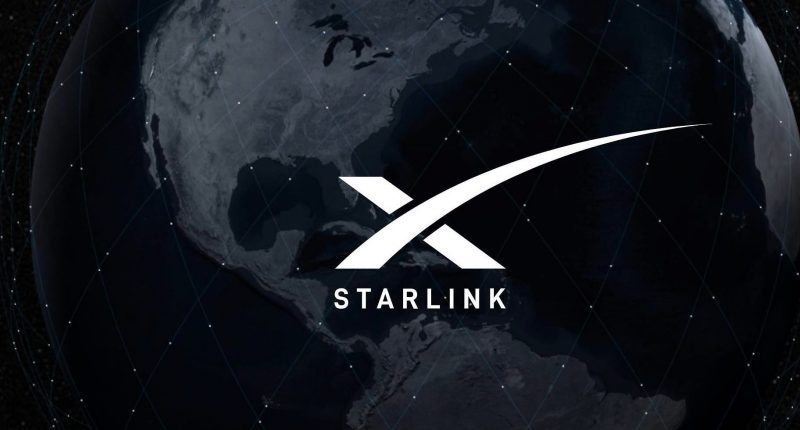Satellite and telecommunications group EchoStar said it will take a $16.5 billion non-cash impairment and sell additional wireless spectrum licenses to SpaceX for $2.6 billion, further scaling back its formerly-ambitious 5G network plans and deepening ties with Elon Musk’s space company.
The charge, disclosed in EchoStar’s third-quarter results on Thursday, reflects the reduced value of network infrastructure the company no longer plans to use following a string of spectrum divestitures to AT&T and SpaceX. The company also reported quarterly revenue of $3.61 billion, missing Wall Street estimates, as it began dismantling parts of its 5G buildout.
The transaction expands on a $17 billion spectrum sale announced in September, under which SpaceX agreed to acquire EchoStar’s AWS-4 and H-block licenses to support its Starlink Direct-to-Cell satellite service. The latest agreement covers EchoStar’s unpaired AWS-3 licenses, valued at $2.6 billion, and will be settled in SpaceX stock, pending regulatory clearance.
The impairment charge represents a sharp correction for EchoStar, which has spent years attempting to enter the U.S. mobile market dominated by AT&T, Verizon, and T-Mobile. The company, burdened with more than $20 billion in debt, has been under pressure from regulators and investors to monetize spectrum holdings rather than pursue a full-scale 5G rollout. Facing escalating costs and government deadlines to activate unused airwaves, EchoStar abandoned plans to operate an independent network earlier this year. Instead, it now intends to deliver wireless service through its Boost Mobile brand using AT&T’s infrastructure under a network-sharing agreement.
“This marks the next phase in our strategic transition — moving from a facilities-based model to an asset-light partnership approach,” said Hamid Akhavan, EchoStar’s chief executive officer. “By combining our licensed spectrum with SpaceX’s launch and satellite capabilities, we are helping accelerate affordable, direct-to-cell connectivity.” EchoStar’s shares rose 1.3% to $73.25 in early trading, having more than tripled in value this year, largely on investor optimism around its spectrum sales and debt-reduction strategy.
EchoStar’s pivot follows sustained scrutiny from the Federal Communications Commission (FCC), which investigated the company for hoarding spectrum licenses not being actively used to deliver service. That probe was dropped after the company agreed to major sales this year, including a $23 billion divestment to AT&T in August and its multi-billion-dollar SpaceX deal.
By selling the AWS-3, AWS-4, and H-block frequencies — mid-band spectrum well-suited for high-throughput mobile and satellite communications — EchoStar effectively ends its bid to compete directly with established U.S. carriers. Instead, the company is repositioning itself as a hybrid spectrum and satellite infrastructure provider, monetizing assets accumulated during its previous expansion drive. The impairment charge is the accounting consequence of that retrenchment. According to EchoStar, the sale agreements “triggered a reassessment of the carrying value” of its network assets. The review, conducted by a third-party appraiser, concluded that decommissioned 5G equipment and related assets were overvalued based on new market conditions.
For SpaceX, the acquisitions mark a major step toward building a global satellite-to-mobile network, allowing Starlink to deliver direct connectivity to smartphones without relying on terrestrial towers. The AWS-3 and AWS-4 spectrum bands provide the necessary bandwidth and geographic coverage to support large-scale, low-latency communications across the continental US, allowing faster deployment of commercial-grade satellite mobile services. The company first began testing “Direct to Cell” services in 2024, using modified Starlink satellites and partnerships with global carriers. With access to EchoStar’s spectrum portfolio, SpaceX gains additional flexibility in navigating U.S. regulatory frameworks and expanding Starlink’s commercial reach.
The Tech Portal is published by Blue Box Media Private Limited. Our investors have no influence over our reporting. Read our full Ownership and Funding Disclosure →






